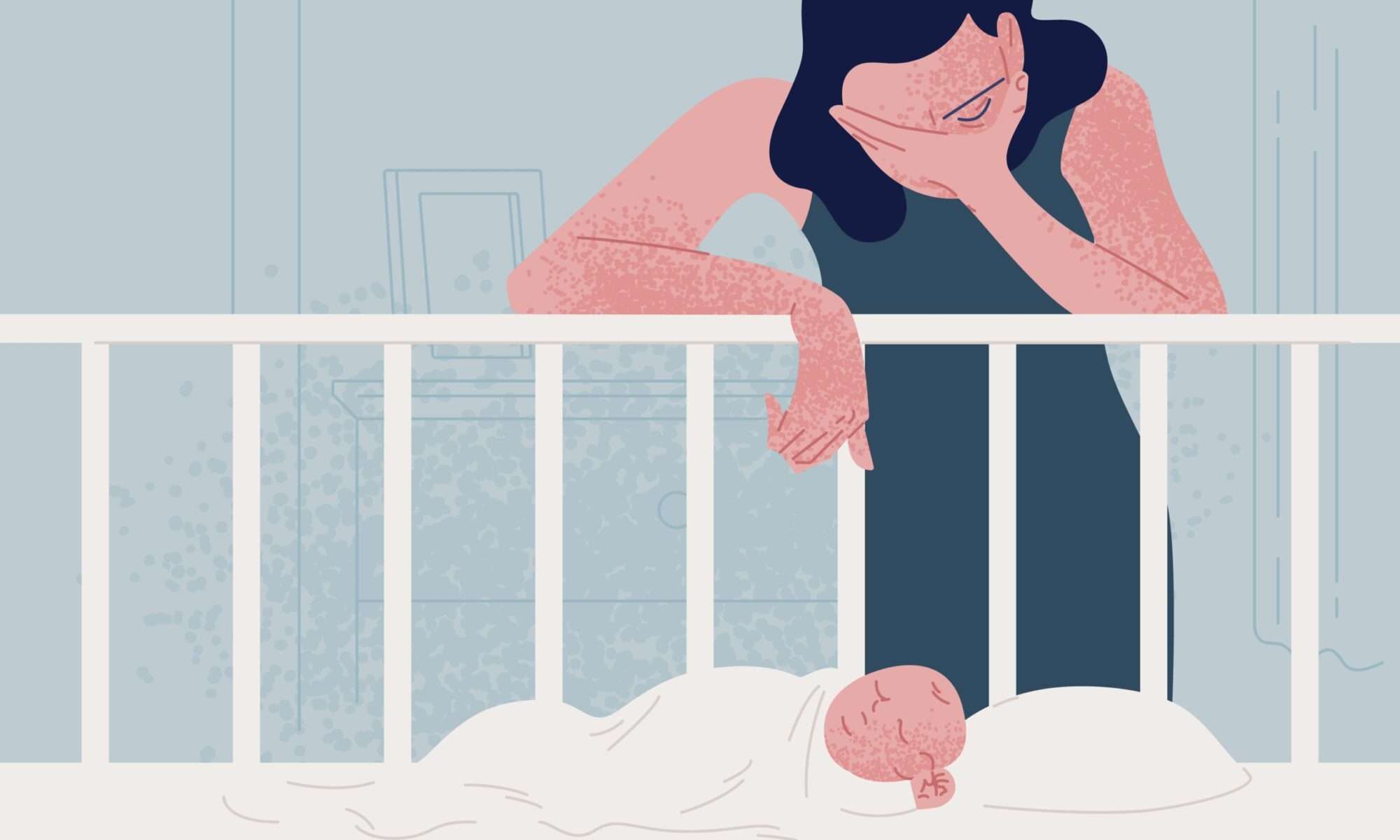Introduction
Postpartum depression (PPD) is a common and serious mental health condition that affects new mothers after childbirth. Often misunderstood or mistaken for the “baby blues,” postpartum depression is more intense and long-lasting. Understanding its symptoms, risk factors, and management is essential for both new parents and their support systems. In this article, we will explore seven key facts about postpartum depression, supported by expert information and government sources.

If you need professional support, consulting the best psychiatrist in Delhi can provide valuable insights and personalized strategies for Depression. Consider Visiting:
1. Postpartum Depression Is More Than Just the ‘Baby Blues’
It’s normal for new mothers to feel emotional, overwhelmed, or tearful after giving birth. This short-term emotional state, commonly referred to as the “baby blues,” usually resolves within two weeks. Postpartum depression, on the other hand, is more severe and persistent. It may interfere with a mother’s ability to care for herself or her baby and often requires professional support.
2. It Can Start Anytime Within the First Year
While postpartum depression often begins within the first few weeks after childbirth, it can develop at any point during the first year. Some women may not experience symptoms until several months postpartum. Early recognition is crucial for effective intervention and recovery.
3. Symptoms Vary But Often Include Emotional and Physical Changes
The symptoms of postpartum depression can differ from person to person. Common signs include:
Persistent sadness, anxiety, or emptiness
Difficulty bonding with the baby
Fatigue or lack of energy
Changes in appetite or sleep patterns
Feelings of guilt, hopelessness, or worthlessness
Withdrawal from family and friends
If these symptoms persist for more than two weeks and interfere with daily life, it may be a sign of postpartum depression.
4. It Can Affect Any New Mother – Regardless of Background
Postpartum depression doesn’t discriminate. It can affect women of all ages, ethnicities, socioeconomic backgrounds, and education levels. While some women may have higher risk factors—such as a personal or family history of depression, stressful life events, or lack of support—anyone can experience PPD.
According to the Centers for Disease Control and Prevention (CDC), about 1 in 8 women experience symptoms of postpartum depression in the U.S.

5. Support Systems Play a Vital Role in Recovery
Family members, friends, and partners can significantly impact a mother’s recovery from postpartum depression. Offering emotional support, assisting with baby care, and encouraging open conversations about mental health are powerful ways to help. If you suspect someone you know is struggling, encourage them to talk to a qualified healthcare provider or a mental health professional.
6. There Are Multiple Non-Medication Support Options
While professional treatment is important, there are also non-medication options that may support recovery:
Therapy and Counseling: Psychotherapy, especially cognitive behavioral therapy (CBT), can be effective.
Peer Support Groups: Talking to others going through similar experiences can be comforting and empowering.
Lifestyle Adjustments: Prioritizing rest, nutrition, gentle exercise, and asking for help when needed are key to healing.
For more information, refer to the Office on Women’s Health (U.S. Department of Health & Human Services)

7. Seeking Help Is a Sign of Strength, Not Weakness
One of the biggest barriers to recovery is the stigma surrounding mental health. Many mothers hesitate to seek help because they fear judgment or feel ashamed. But recognizing the signs of postpartum depression and reaching out for support is a brave and necessary step. You are not alone—and help is available.
In India, support is also available through government-backed mental health programs and helplines.
Conclusion
Postpartum depression is a serious but treatable condition that affects many new mothers worldwide. By understanding the symptoms, knowing when to seek help, and utilizing available support systems, recovery is absolutely possible. Remember, every mother deserves care and compassion—just as much as her newborn does.

